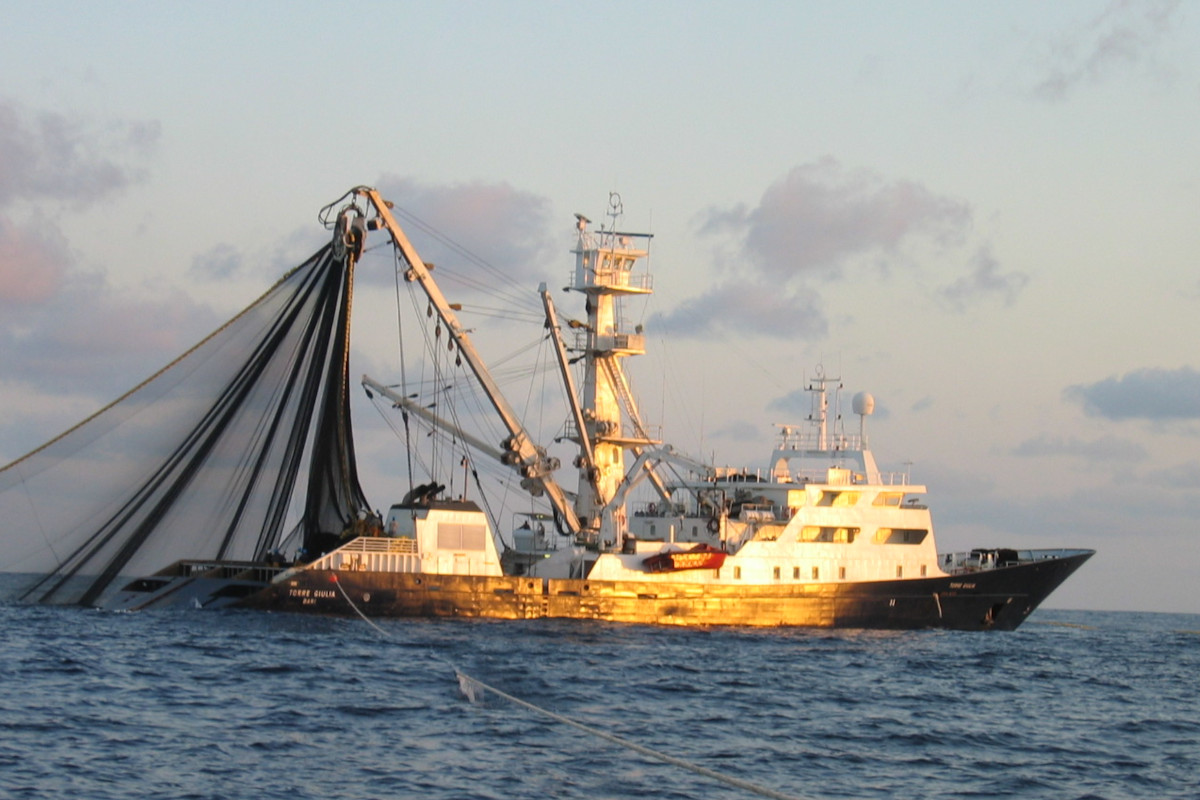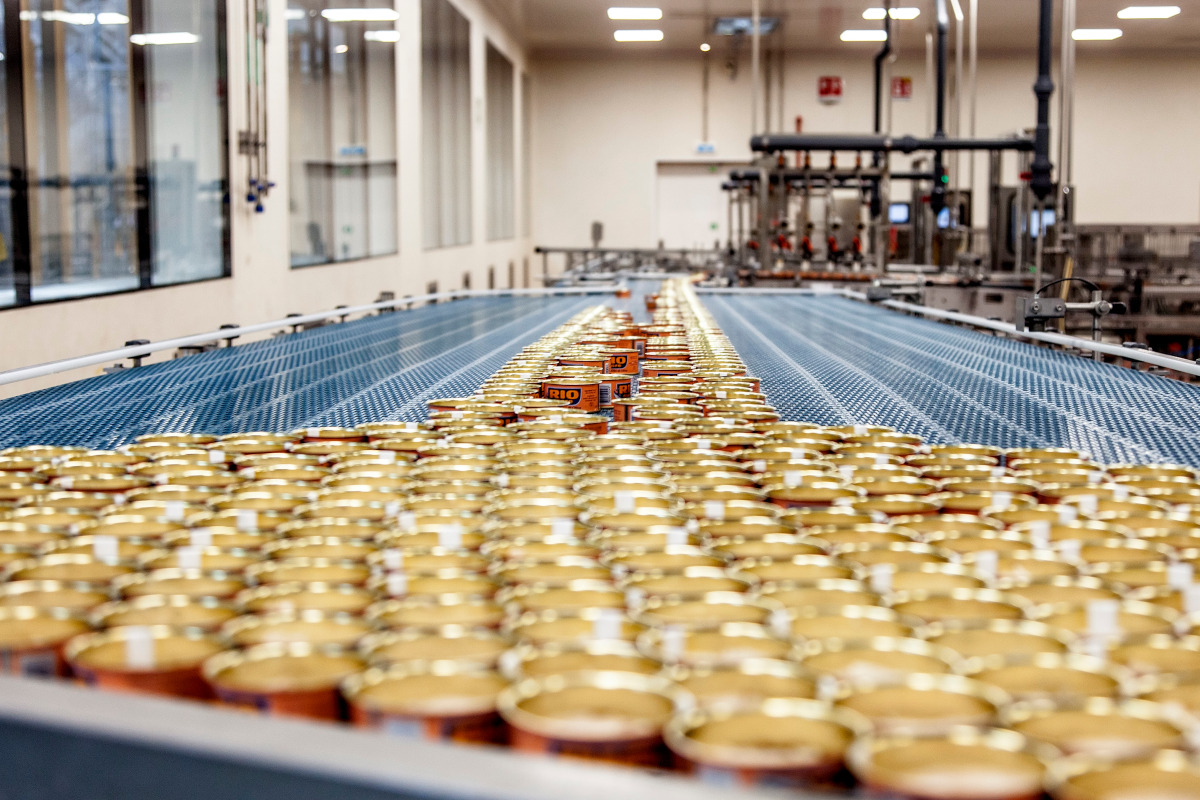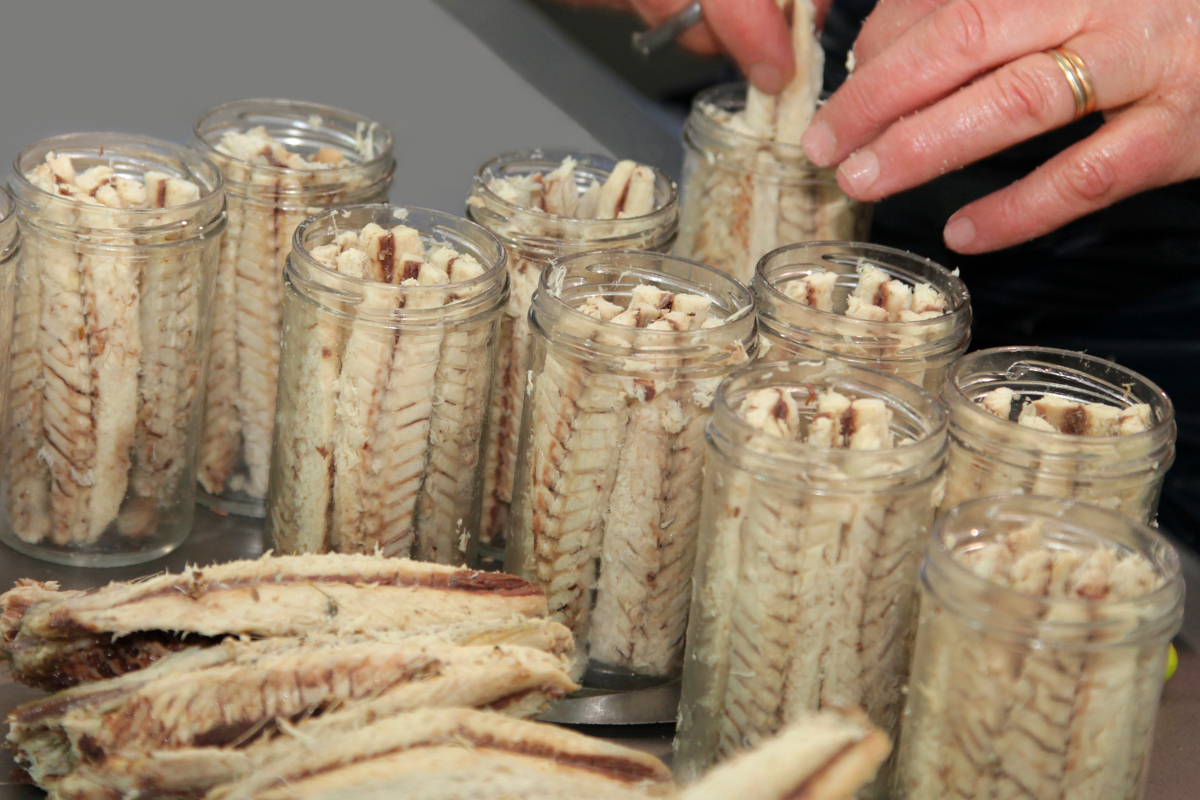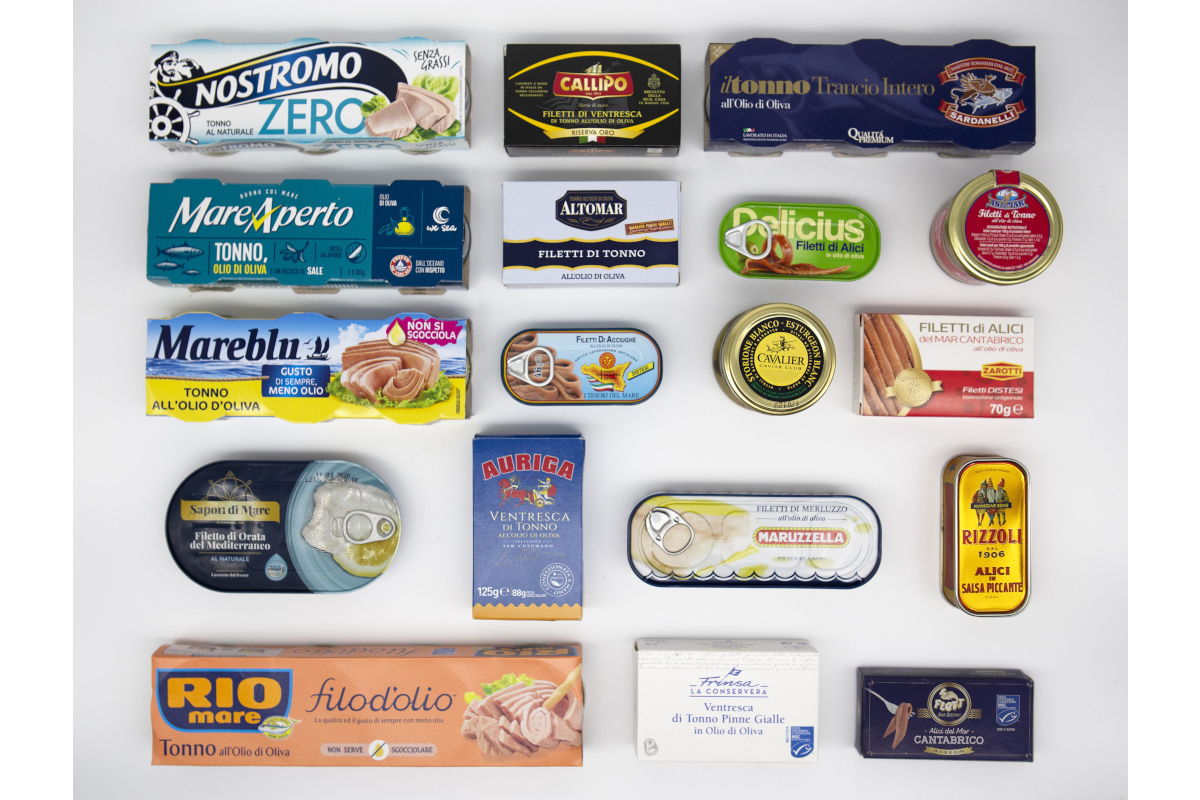
Long shelf life and ease of preservation, accessibility, nutritional values, versatility, the absence of geographical and cultural barriers and ease of recipe. All this makes canned fish an essential food in the shopping cart. The sector – canned tuna, anchovies in salt and oil, mackerel, sardines, salmon, clams, and seafood appetizers – enjoys an excellent reputation with constant growth in sales, confirming itself as one of the most virtuous of the Italian food industry, rewarded by consumers even in times of pandemic. In 2020, the Italian canned fish market exceeded 2 billion euros. Much more than a commodity, fish preserves are experiencing a new golden age. An achievement that ANCIT (Associazione Nazionale Conservieri Ittici e delle Tonnare, the Italian fish canning companies association) celebrates on the occasion of its 60th anniversary.

Discover the authentic Italian canned fish on the Italianfood.net platform
TUNA FISH LEADS THE WAY
Canned tuna leads production and consumption. Everyone eats it (99%), on the whole more than one Italian out of three (36%) consumes it 2-3 times a week. According to 2020 data, the value of the Italian market exceeds 1.40 billion euros, equal to a national production of over 80,300 tons and a consumption of over 160,000 tons (about 2.67 kg per-capita).

Since 2011, the national market value of Italy’s canned tuna has increased by +31.3%, Italian production by +18%, per capita consumption by +17.4%, and imports by +12.5%. These figures confirm Italy as one of the most important markets in the world for the consumption of seafood and as the second European producer, after Spain. As regards the fish canning sector – which in addition to canned tuna also includes anchovies, mackerel, canned salmon, and sardines – the 2020 turnover is around 405 million. If specialties and smoked salmon are added, the total value of the fish canning sector exceeds 2 billion euros.
EXPORT SALES
In the last 10 years, the volumes of canned tuna exported by Italian companies have more than doubled (+122%), reaching a total of 30,500 tons for a total value of over 200 million euros. Exports mainly concern EU countries (Germany, Greece, Czech Republic and Slovenia), but also third countries, starting with Canada (beneficiary of the CETA agreement), Saudi Arabia, Arab Emirates, and Israel.
This positive trend is also confirmed by export sales growth in the six-month period January-June 2021 (+13.5% in volume) compared to the same period of 2020. If confirmed this would bring the exported volumes around 35,000 tons with an increase in value of +10% (Source: ANCIT elaborations on ISTAT data).

THE SUCCESS OF ITALIAN FISH PRESERVES
The success of Italian canned fish is inextricably linked to the activity carried out by ANCIT, which this year celebrates an important milestone: 60 years since its foundation. Since 1961, ANCIT represents the companies operating in the field of canned fish, taking care of the relationships with the institutions responsible at national, European, and international level, and protecting the sector with a view to its continuous improvement.
The anniversary is also an opportunity to learn more about the work done in recent years, in favor of the promotion and enhancement of the product and consumer satisfaction, with a view to transparency.

“The first 60 years of ANCIT put us in front of the goals achieved – says Simone Legnani, president of ANCIT – but also those that still await us. The canned fish sector has been able to evolve by focusing on innovation while remaining faithful to tradition. Our next big challenge is sustainability, a complex concept with a global reach. Anyone who knows the sea knows that its resources are not infinite. Fish can regenerate, but man must give nature time to take its course. Monitoring of fish stocks, regulation of fishing methods and seasons, respect for standards and continuous verification of certifications: everyone must make a commitment and canneries have long understood this. All the companies that adhere to ANCIT know that, in order to go on, it is fundamental to guarantee the quality of the production processes while respecting past knowledge and protecting the environmental, energy, and production resources”.
The first good results are already evident. Thanks to sustainable fishing practices and nature conservation four different species of tuna, whose stocks were declining due to illegal fishing, are repopulating seas and oceans.
The Italian canned fish brands

